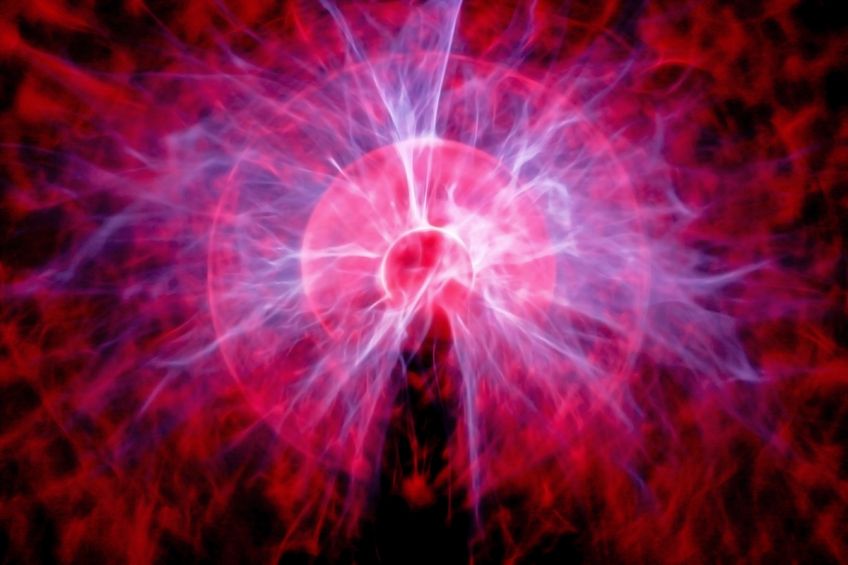“Big Bang” theory for pancreatic cancer evolution
 A new study by researchers in Canada has challenged currently held beliefs about how pancreatic cancer develops and why it spreads so quickly. Those currently held views are that pancreatic cancer develops through a gradual transition through specific sequences of genetic alterations over time. This latest study, published in the journal Nature ((http://www.nature.com/nature/journal/v538/n7625/full/nature19823.html )) blows this into the water by suggesting that in fact these genetic alterations happen all at once – which some have likened to a ‘Big Bang” episode of pancreatic cancer evolution.
A new study by researchers in Canada has challenged currently held beliefs about how pancreatic cancer develops and why it spreads so quickly. Those currently held views are that pancreatic cancer develops through a gradual transition through specific sequences of genetic alterations over time. This latest study, published in the journal Nature ((http://www.nature.com/nature/journal/v538/n7625/full/nature19823.html )) blows this into the water by suggesting that in fact these genetic alterations happen all at once – which some have likened to a ‘Big Bang” episode of pancreatic cancer evolution.
The researchers from the Ontario Institute for Cancer Research and University Health Networks’ Princess Margaret Cancer Centre, Toronto, suggest that this study helps us to begin to understand why pancreatic cancer is so quick to metastasise (spread to other parts of the body).
This presents us with not only some form of rationale for the high proportion on patients who have metastatic disease on diagnosis, but offers a further challenge to improving the early diagnosis of the disease.
What we don’t know yet is whether these events will allow us to identify a biomarker or to identify the events which cause the pancreatic cancer’s aggressive nature and resistance to chemotherapy.